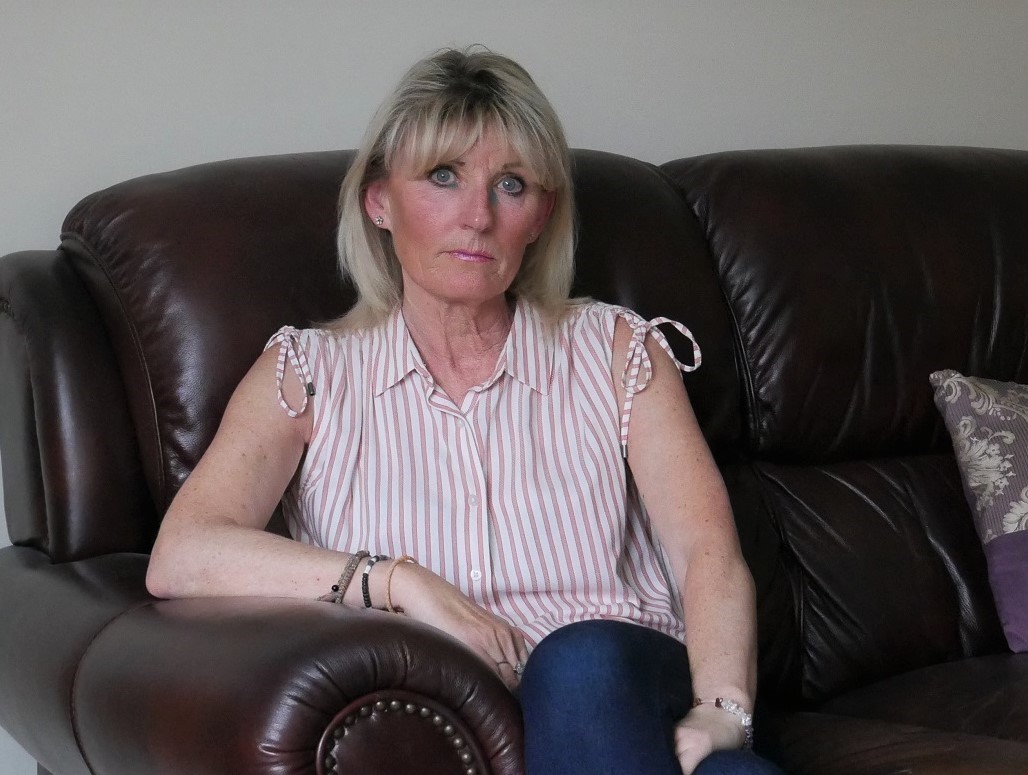Smoking drives 35,000 into poverty
NEW analysis of Government data reveals that smoking drives over 35,000 people into poverty in the North East [1].
The analysis – by Action on Smoking and Health (ASH) – reveals that as well as the death and disease caused by smoking, tobacco addiction is resulting in poverty for working age adults, children and pensioners. Smoking results in:
- 35,000 people in the North East, including 9,000 children, driven into poverty
- 15,000 additional households in the North East living in poverty
- 5,000 North East pensioners living in poverty, increasing the proportion of pensioners (with at least one smoker in the household) in poverty from 17% to 27.15%.
Without the costs of smoking, poverty rates would reduce from almost a third (36%) of households which include at least one smoker to around one in five (27%).
The average age for North East smokers starting is just 15 and Fresh with ASH are calling for a charge levied on multinational tobacco companies in a “polluter pays” approach to fund prevention measures.
Most adult smokers want to stop smoking [2] but started as children before realising how hard it is to quit [3]. More than two thirds of those who try smoking go on to become regular smokers [4], developing an expensive and often lifelong addiction causing disease, disability and premature death.
Ailsa Rutter OBE, Director of Fresh, said: “Besides disease and death, these figures show how tobacco smoking inflicts the further misery of poverty on families and communities. The numbers are likely to be an underestimate as they don’t include the hardship faced by people who have had to give up work due to smoking-related ill health.
“Tobacco companies like to claim that smoking is an adult choice but the fact is that most smokers get addicted as children. They profit from the addictive, killer product – they should be made to pay.”
This poverty suffered by many smokers is matched by the enormous profits made by the tobacco industry:
- The four largest tobacco transnationals (British American Tobacco, Imperial Tobacco, Japan Tobacco International and Philip Morris International) make over £1.5 billion in profits per annum in the UK alone [5]
- British American Tobacco has rewarded its departing CEO, Nicandro Durante, with a ‘golden parachute’ of £7.5m as part of his September 2019 exit package [6]
Sue’s story

After smoking since she was at school, 53-year-old mum-of-three Sue Mountain from South Shields had her life turned upside down when she was diagnosed with laryngeal cancer seven years ago. As well as the significant effect on her health, Sue’s addiction to smoking also impacted her finances, costing her tens of thousands of pounds over the years.
At school, instead of having lunch, Sue would use her dinner money to buy five cigarettes and sometimes would take one from her mother, hoping she wouldn’t notice.
After her cancer diagnosis, Sue initially stopped smoking but started again and her cancer returned twice. She quit for good in August 2017 and now recognises just how addictive smoking is. Through her experiences, she can empathise with how the cost of smoking can drive people who are short of money into poverty.
The pull of her own addiction cost her around £50,000 in total over the years and she reflects now that it could have “bought me half a house, instead of cancer.”
Since quitting, Sue has saved nearly £5,000 and is feeling the benefits. She no longer feels as though she is wasting money on her addiction and is able to treat herself and her family.
She said: “”When I look back at what I have spent on cigarettes, it must have been £50,000 at least. It could have bought me half a house, instead of cancer.
“You manage, you always manage to buy cigarettes. But now looking back at how much I’ve spent, I’ve spent thousands upon thousands.”
“The other huge benefit of quitting, is how much money I have saved. The best part for me is seeing how much I have saved by not smoking, so far I have saved over £4,700 based on 2017 cigarette prices. It no longer feels like I am wasting money and I can now treat myself and my family.”
Alison Dunn, CEO of Citizens Advice Gateshead, said: “Tackling poverty is complex, requiring legislative and social change. Too many people in our communities are living in poverty, with many households including children facing preventable inequalities.
“The cost of tobacco pushes hundreds of thousands more people into poverty every year – that’s why it is so important that national and local government take the necessary steps to help people quit. With the right support, many thousands of people could escape tobacco addiction and poverty at the same time.”
Deborah Arnott, Chief Executive of ASH said: “High tobacco prices can help smokers quit and stop young people start smoking, but poorer smokers find it harder to quit. Worse still they are disproportionately disadvantaged if they don’t, because of their smaller incomes.
That’s why it’s vital that all smokers are given the support they need to quit, funded by a ‘polluter pays’ approach. This would force the extremely profitable transnational tobacco companies to pay to end smoking.”
Recommendations
Action by central government to lift smokers out of poverty should include:
- Imposing a ‘polluter pays’ charge on the tobacco manufacturers to fund tobacco control including anti-smoking campaigns, enforcement and targeted support for smokers to quit.
- Stricter regulation of tobacco marketing including, for example, requiring retailers to have a licence, raising the age of sale and requiring pack inserts which promote quitting.
Local authorities also have a key role to play. They should set their own local smoking prevalence targets and strategies to achieve them in line with the recommendations set out in the ‘The End of Smoking’ report developed by ASH and Fresh in collaboration with local authorities, the NHS and civil society including [7]:
- Supporting smokefree environments
- Promoting an annual quit attempt
- Providing diverse stop smoking support
